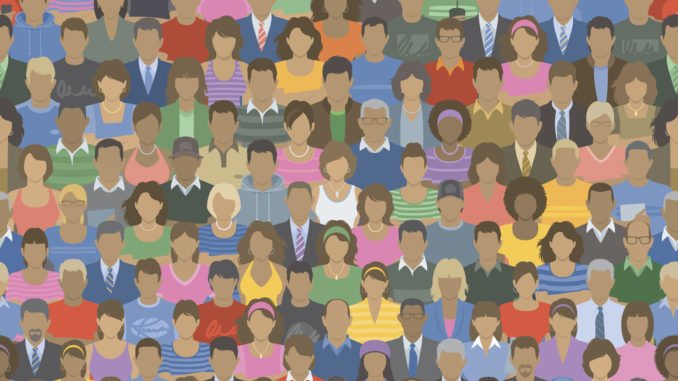
Clear communication about how people’s data is used won’t necessarily alleviate their concerns about it, new research from the University of Sheffield has found.
The ‘Living With Data’ project sought to understand people’s perceptions of how data about them is collected, analysed, shared and used (or ‘data uses’) in three public sectors: welfare, health and public service media.
The research found that people are concerned, and often confused, about commercial companies accessing, using, and profiting from data initially gathered for the social good, such as health data, or by public sector organisations like the NHS.
The research shows clarity about commercial involvement in public sector data uses may reduce confusion, but it won’t reduce concerns/ It was found that people who know most about data uses are, in fact, the most concerned about them.
Of particular concern was the involvement of big tech companies like Amazon and Palantir in the NHS Covid-19 Data Store. Only 5 per cent of people support commercial companies profiting from the use of personal data, and only one in ten are not concerned about commercial companies being involved in providing public services like health or welfare.
Experts say this finding highlights the urgent need for public sector organisations to review their data-driven systems, especially those from which commercial companies can profit.
“One way to do this is for public sector data practitioners to consider alternative ways of delivering data services,” said Helen Kennedy, Professor of Digital Society from the University of Sheffield. “This won’t be easy due to the global monopoly on the provision of these services, but it’s not impossible. Changes to the data ecosystem could give the public more confidence in the use of their personal data that policymakers and users are keen to see.”
Different demographic groups have differing concerns about what their data is used for, demonstrating that social inequalities also play a role in shaping people’s attitudes to data uses.
Disabled people were found to be more positive about the sharing of health data than people who did not have a disability, and White people trusted the police’s data uses more than Black, Asian, and other racially minoritised people.
The research also found that older people trusted their GP more than younger people, and LGBTQ+ people trust health organisations less than heterosexual cisgender respondents.
However, despite these differences, there were also similarities. The research found that people from different groups were aware that data uses can reinforce inequalities, and they don’t want data uses to have negative consequences for people from disadvantaged or minority communities. For example, there is concern that people who don’t have access to the relevant technology in their homes are excluded from using data-driven systems. They want data-driven systems to be inclusive ‘for all communities’, as one participant in the research commented.
“Data policymakers and data practitioners need to acknowledge that there is widespread concern about the potentially discriminatory impacts of different data-driven systems,” Professor Kennedy added. “Then they need to address this problem.
“The way society uses data needs to change so it can eliminate harms and its use is in the public or social interest. Sometimes, in order to do these things, specific data uses need to stop, such as those that deepen inequalities.
“Regardless of how well data uses are currently communicated, the public will continue to be concerned if these changes are not made.”
The report recommends that eliminating harms on people from disadvantaged and minority groups and ensuring data uses are in the public or social interest should drive change.
